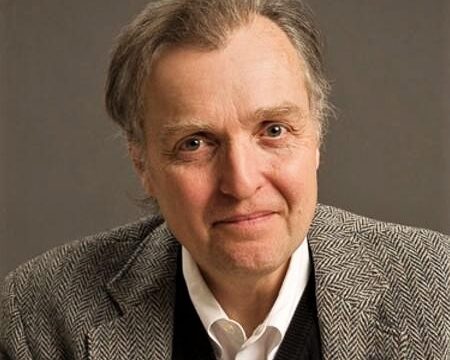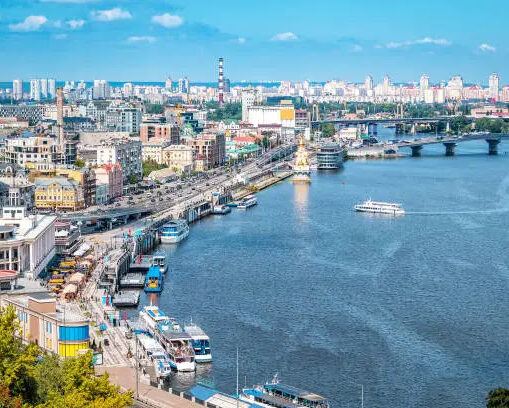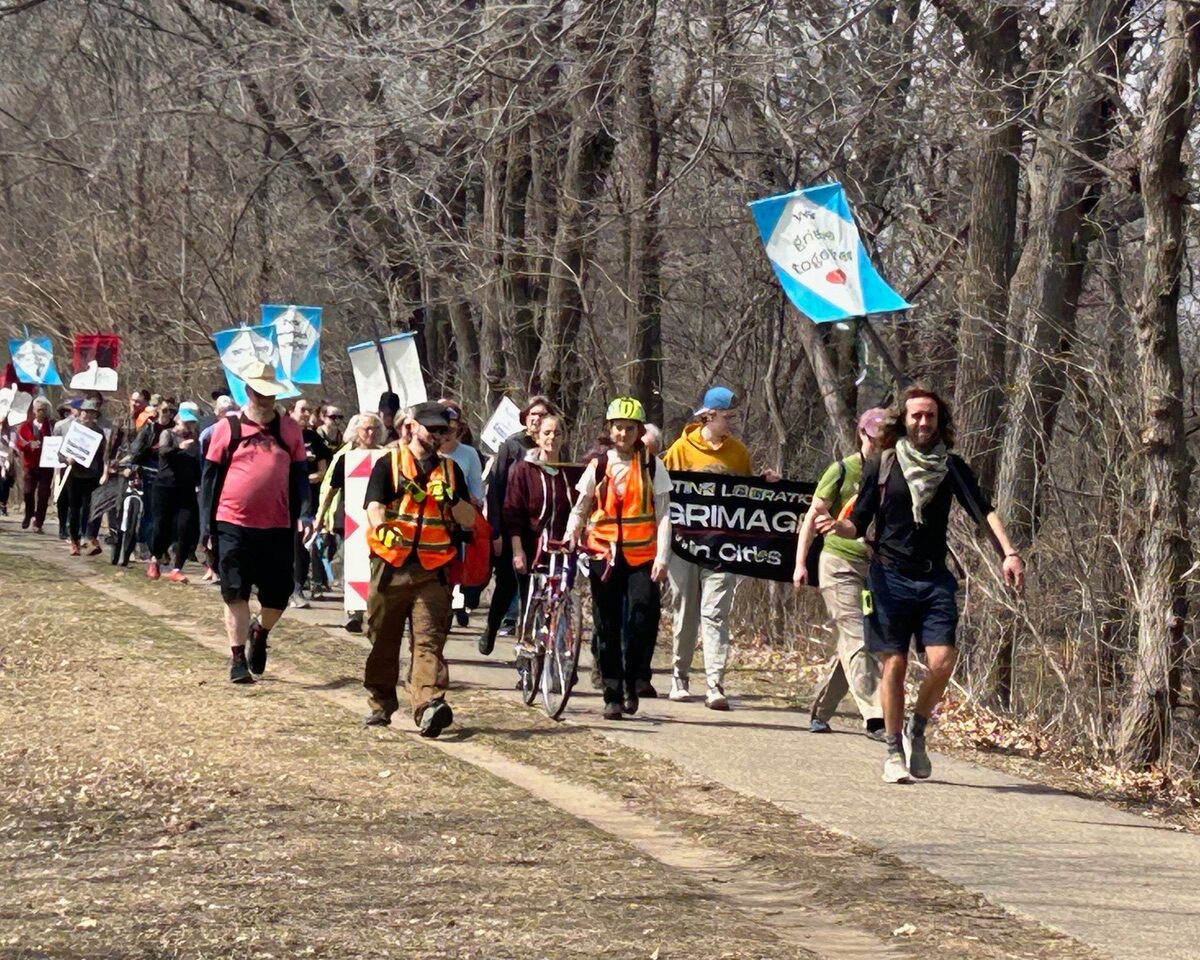I am not an economist, but, then, I don’t think anyone else is either. Just a lot of blindfolded gals pinning the tail on a donkey. But I am, though, an economic animal. Fiercely.
I found the cruel competitiveness of capitalism very attractive to my nature. Maybe it’s the animal instinct—you’re either at the table or on the menu. For whatever perverse and unexpected reasons, I found the same attractiveness in the competitive world of police exams. I think it must
have its roots in my father being a stoker (he died when I was 15) and my mother being a seamstress.
So, I don’t want to repeal capitalism.
But it is cruel.
When the airlines discovered they couldn’t make money (the only raison d’etre of a corporation) because of fuel costs, competition and union contracts, they filed for bankruptcy, killed the union contracts, negotiated new ones, combined routes and companies and got lucky on fuel. Today they are awash in cash.
When American manufacturers found they couldn’t compete they got Banglade-shies and Sri Lankans to make our clothes, Toyota to make our cars and just about everybody else our steel. Sacred institutions (U. S. Steel comes to mind) submerged. It’s called outsourcing.
America adjusted and survived, but steel, automobiles, pilots and Wal-Mart clothing makers as such were never the same. Public service unions should calculate capitalism’s capacity for reinvention and reform. An empty hope. Reforms will be imposed. Charter schools, municipal bankruptcies and civil service reform will be increasingly tempting tools.
When hard times strike, the intuitive wisdom tells us to retrench. Stop what spending we can. Save for that rainy day. All of this is true—yet John Maynard Keyes said this doesn’t and shouldn’t apply to governments. In hard times public bodies need to borrow (issue bonds, etc.) and spend. Doing public works (infrastructure) creates jobs, which produces taxes (income for the government) and eases the public pain. Counterintui-tive, which is why it gets resisted by troglodytes.
Now comes inversion.
Ain’t English grand? Provides a new word every day. Usually it masks a headache.
Another slow moving earthquake that is sure to shake us all in due time. The problem is a simple one—American corporations sit on huge hoards of cash, overseas, that they won’t repatriate to the U.S. because of high and uncompetitive corporate taxes—an inversion.
All well and good. Hardly anyone cares.
Along comes Pfizer, a company whose shares I’ve owned since 1967. It’s sitting on about $6.5 billion overseas. They came up with the capitalist answer. Under a little used law they can purchase a foreign firm, using those parked dollars, not pay a tax and move their headquarters to England.
They are currently romancing Astra-Zeneca, a U.K. drug firm, with an offer of over $100 billion. Guess how many will follow? That deal stumbled over the target’s greed, but the melody of the issue lingered on.
Is this unpatriotic?
Don’t be naïve—I know Pfizer started in Brooklyn over 100 years ago, but its directors have a fiduciary duty to pursue the most breaks legally. That’s it. They’d be canned if they paid any taxes they could legally avoid. Evasion is a crime. Avoidance is not.
Scandinavia tends to let capitalism thrive and then taxes the hell out of it. A useful model. Our dysfunctional government isn’t heeding that distant rumble, growing louder and approaching. Chances are good we’ll all meet beneath the rubble.
The kindest system is socialism, but it doesn’t produce wealth. Too altruistic. Jesus was a socialist. When a rich man asked how he might reach salvation, Jesus answered, “Take what thou hast and give it to the poor, for it shall be more difficult for a rich man to reach the kingdom of heaven than it is for a camel to pass through the eye of a needle.” Capitalism appeals to greed.
Patriotism is the last refuge of the scoundrel. Capitalism has little patience with such naïve thinking.























